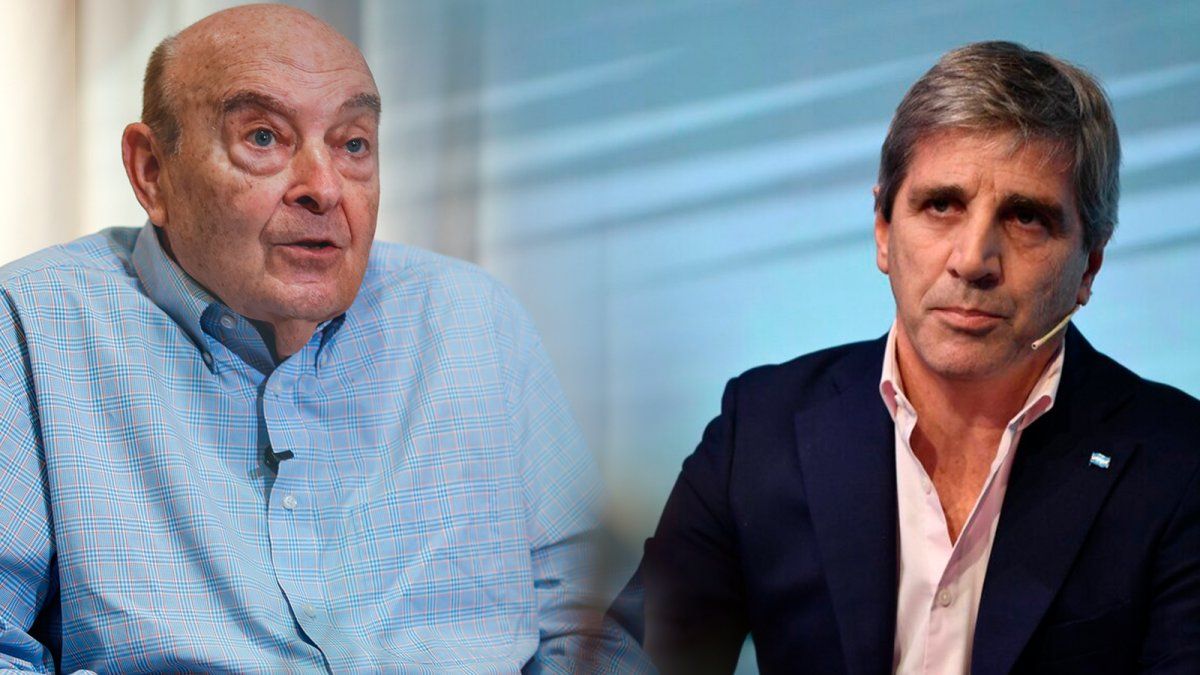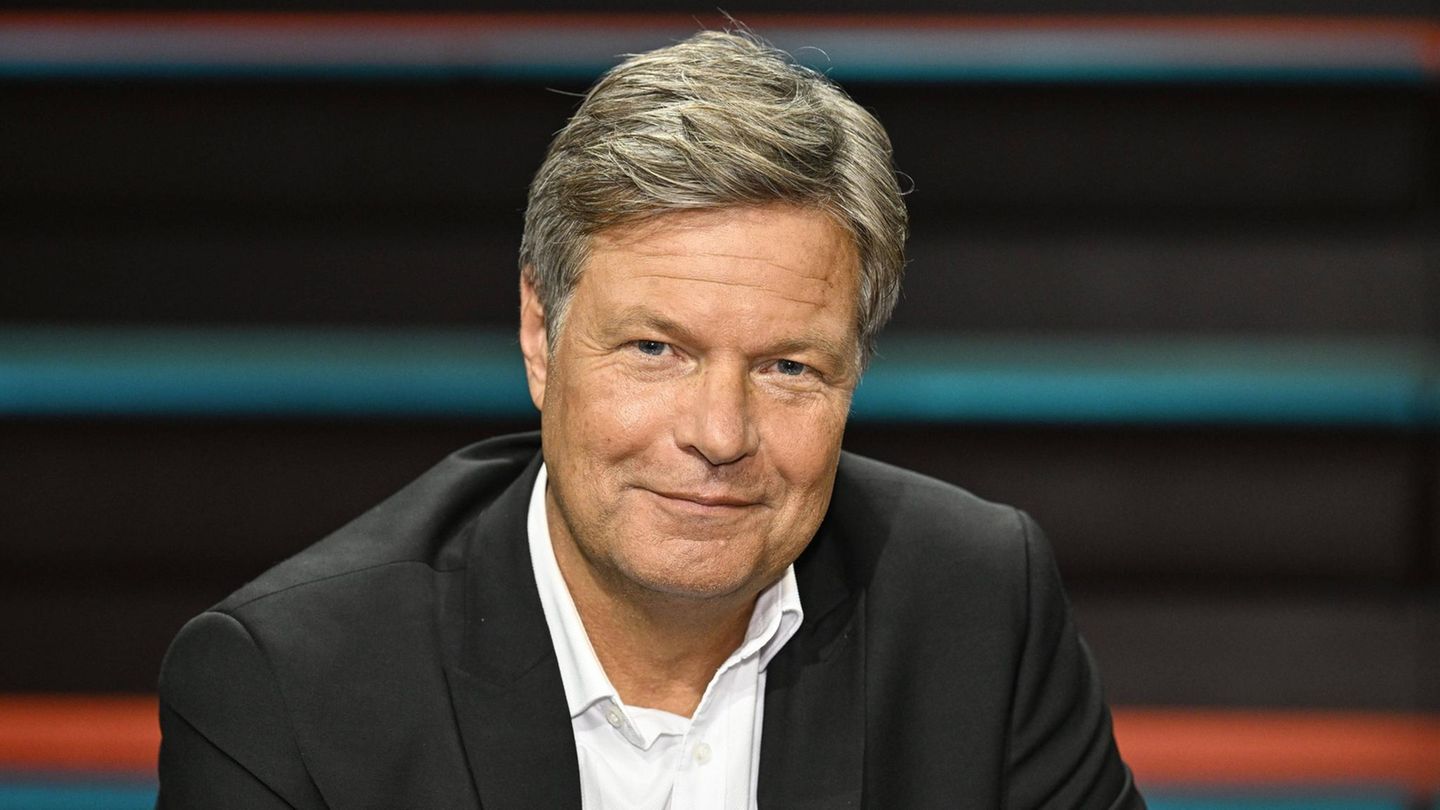A jumble of languages from German and Ukrainian fills the spacious room in the eastern bridgehead building on Linz’s main square. A group of women sit together over coffee and cake and have a lively conversation. They are all Ukrainians and most of them fled to Upper Austria a few weeks ago before the war.
The language café, for which the women got together in Linz, was organized by the “Point of Ukraine” association. “Originally we were a group of Ukrainians who have been living here for a long time. We wanted to support our compatriots. But now more than half of the people who volunteer with us are refugees,” says Oksana Kuzo.


The 35-year-old pianist came to Linz from the Ukraine twelve years ago to study. On the first evening after the outbreak of war she met other emigrants. Together they thought about how they could help other Ukrainians.
From the info point to the meeting point
In the first weeks after the outbreak of war, Kuzo organized demos and solidarity rallies in Linz. This is how Brigitte Vasicek, vice rector of the art university, became aware of the group of Ukrainian activists and approached them. “She offered us to use the premises on the main square. That gave us the idea of setting up an information point for Ukrainian refugees,” says Kuzo.
As a result, Kuzo, together with other activists, founded the association “Point of Ukraine”. In the beginning, the volunteers focused on providing information to the refugees in their mother tongue. “We received support from many sides, including many Upper Austrians,” says Kuzo. Roland Pachner from the Altstadt Linz association developed a website free of charge, numerous donations in kind were received, which the association forwarded to the Ukraine.


“But then we quickly realized that the refugees also need a meeting place. A place where they can find people who understand them and with whom they can share their experiences,” says Kuzo.
In the meantime, the association therefore mainly offers activities for the Ukraine refugees – sports courses, singing evenings, therapy groups and dinners together. Many events are held by refugees themselves. “One woman told me, for example, that she is a yoga teacher. I said straight away: great, then we’ll do a course. It helps people if they can get involved and get involved. Many would just sit at home depressed otherwise,” says Oksana Kuzo.
Viktoria Kalinina is one of the Ukrainians who helped with the preparations for the language café. The 30-year-old comes from near Pervomaysk, a city in south-west Ukraine. In mid-March she fled to Linz with her two children, her sister, two cats and a parrot.
“Got to keep me busy”
Kalinina helps out in the club twice a week and takes part in the events herself. “I’ve always been like that, I have to keep myself busy. Now even more so. On the one hand I want to help, on the other hand I want to talk to the people who come to us. That’s good for me,” she says.


Lidia Zharikova also visits the club regularly. She has been studying technical mathematics at the Johannes Kepler University for six years. In addition to her work in the clubhouse, the young woman works as a volunteer interpreter for the Red Cross.
Her family still lives in their hometown of Kharkiv, which has been heavily contested for weeks. “Somehow I feel guilty because I’m here and she’s there. That’s why I try to be there for the people who have come to Austria,” she says. The community that has formed around the association is not only important for the well-being of the refugees. “It’s good for all of us that we’re needed. And we find people here who really understand what’s on our minds at the moment,” says Zharikova.
Oksana Kuzo says she also wanted to distract herself a bit with work in the club. “For the first two months I worked day and night, I couldn’t sleep. That was the shock, I think.”
At the end of April, Kuzo’s powers would then have decreased for the first time. “I really struggled and was demotivated,” says the pianist. It took her a bit to get up. “But then I, I think we all saw it: The war will probably last a long time.”
Even if peace were suddenly made, the Ukrainians would be busy with reconstruction for years to come. “So we can’t give up for a long time. And until the situation in Ukraine has improved, all of us – those who have already been there and those who have just arrived – must be able to lead a fulfilling life here and be able to develop,” says Kuzo.
- Details and donation information can be found at theia.digital/ua
Source: Nachrichten




